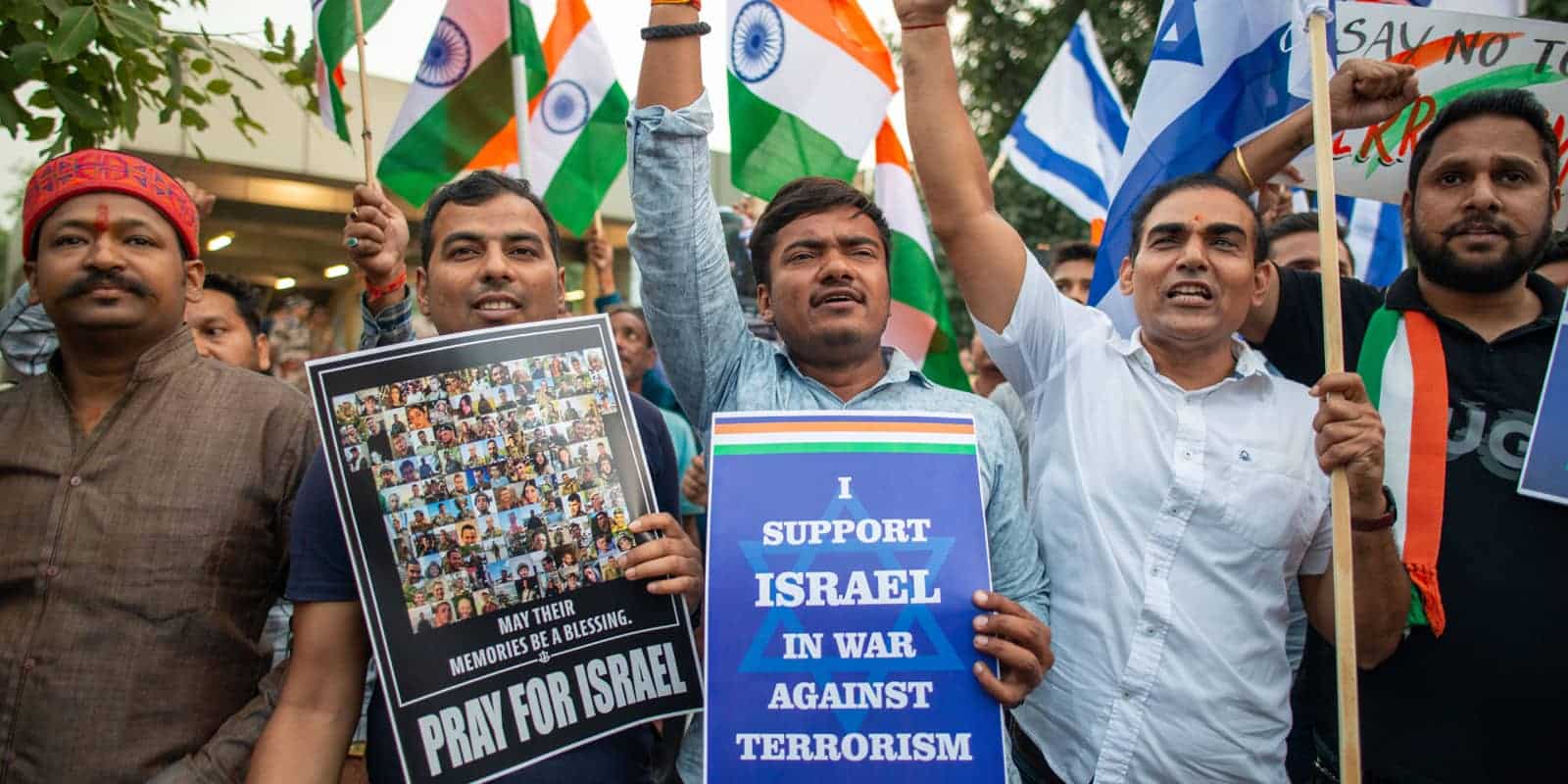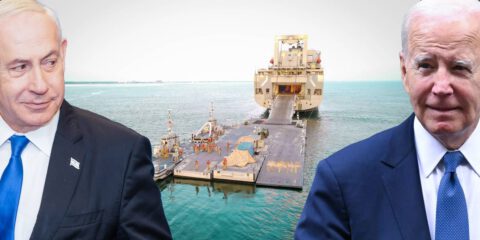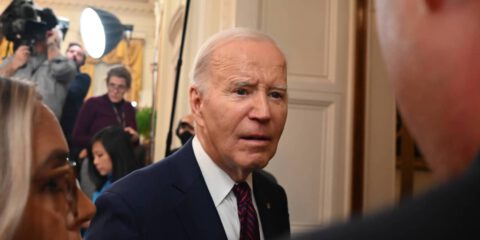India must delicately navigate its foreign policy to protect its strategic and economic interests in the Middle East and maintain its position in the Global South while bolstering its support for Israel publicly but, most importantly, behind closed doors.
Shortly following the dissemination of images from the October 7 attack in southern Israel, global leaders quickly expressed dismay at Hamas’ atrocities. One specific denouncement was notably unprecedented. One of the most popular leaders in the world, Narendra Modi, prime minister of the world’s largest democracy, tweeted his uncompromising support for Israel.
Not since 1948 India had India supported any of Israel’s wars. It had gone beyond neutrality by actively backing Arab nations and providing aid. Will 2023 be marked as the year India left behind its traditional unwavering support for the Palestinian Arabs and executed a significant pivot in its foreign policy towards Jerusalem?
Since gaining independence, India has been a consistent advocate for the Palestinian cause, sometimes to such an extent that it appeared to align more closely with Arab perspectives than the Arabs themselves. India’s stance was shaped by its sole experience with partition, which led to the creation of Pakistan, the ensuing Kashmir issue, and the concerns of Indian leaders of pan-Islamism rising among its Muslim citizens.
A few hours after Hamas launched its October 7 assault on Israel, India’s Prime Minister was among the first world leaders to respond with a solid message to the world. After conducting a phone call with Prime Minister Benjamin Netanyahu, he tweeted: “People of India stand firmly with Israel in this difficult hour.” India’s opposition party in contrast released a Chamberlain-like statement.
The opposition failed to condemn Hamas’ atrocities. It reiterated its long-standing support for the rights of the Palestinian people to land, self-government, and to live with dignity and respect. The ruling Bharatiya Janata Party leaders seized the opportunity to attack the opposition for its support of terrorism and the cynical use of the events to pander to Muslim voters. As the days passed the BJP’s and the Congress Party’s responses were equally balanced.
During Prime Minister Modi’s tenure, Delhi and Jerusalem’s engagement has intensified and broadened, marking a milestone in India’s strategy towards the Middle East. In a world moving towards multipolarity and the waning popularity of the Non-Aligned Movement, India has shifted to a realistic ‘strategic multi-alignment’ from a philosophy of idealistic non-alignment.
Under the new policy, the secrecy and guilt that characterized the Indian government’s attitude when it came to Israel was replaced under Mr. Modi with publicity and pride. This new approach was highlighted by Prime Minister Modi’s landmark visit to Israel in July 2017 and Prime Minister Netanyahu’s grand reception in India in January 2018.
Still, New Delhi was determined to convey a message of business as usual to Ramallah. Previously, as a developing nation, India may have been limited to expressing its support through rhetoric and available resources. However, now, as the world’s fifth-largest economy, India can transform its support into financial aid and educational collaborations.
In 2018, in a meeting between Mr. Modi and Mahmoud Abbas, leader of the Palestinian Authority, both parties signed agreements worth $42 million to fund multiple Palestinian projects. The more engaged India has become with Israel, the more it has been willing to buy peace by sponsoring civil causes and chanting its commitment to the two-state solution.
The Indian government has consistently supported the United Nations relief agency supporting Palestinian refugees, contributing $20 million since 2018 to bolster the core services provided by the agency throughout the Middle East. As news spread on the bombing of the Al-Ahli hospital in Gaza, Modi was quick to tweet his condolences.
However, he did not mention Israel by name. The next day, Modi spoke with Mr. Abbas and emphasized India’s commitment to the Palestinian Arabs. The following days a shipment of about forty tons of medicine and emergency equipment left India for El Arish International Airport in Egypt as part of the initial humanitarian aid to the region.
The ongoing terror attacks on Israeli civilians have complicated India’s maneuvering space. Terrorism poses the most severe threat to India’s national security, necessitating a decisive condemnation of such atrocities. While the Bharatiya Janata Party’s nationalist and pro-Zionist stance has some impact, it does not, in a major way, steer India’s international relations, which are more influenced by pragmatic considerations.
India must delicately navigate its foreign policy to protect its strategic and economic interests in the Middle East and maintain its position in the Global South while bolstering its support for Israel publicly but, most importantly, behind closed doors. With its commitment to combating terrorism and upholding democratic values and institutions, India’s response to the Israel-Hamas war carries significant weight and is unprecedented.
A previous version of this article was published by The New York Sun
JISS Policy Papers are published through the generosity of the Greg Rosshandler Family.
Photo: IMAGO / SOPA Images / Pradeep Gaur








 - בניית אתרים
- בניית אתרים